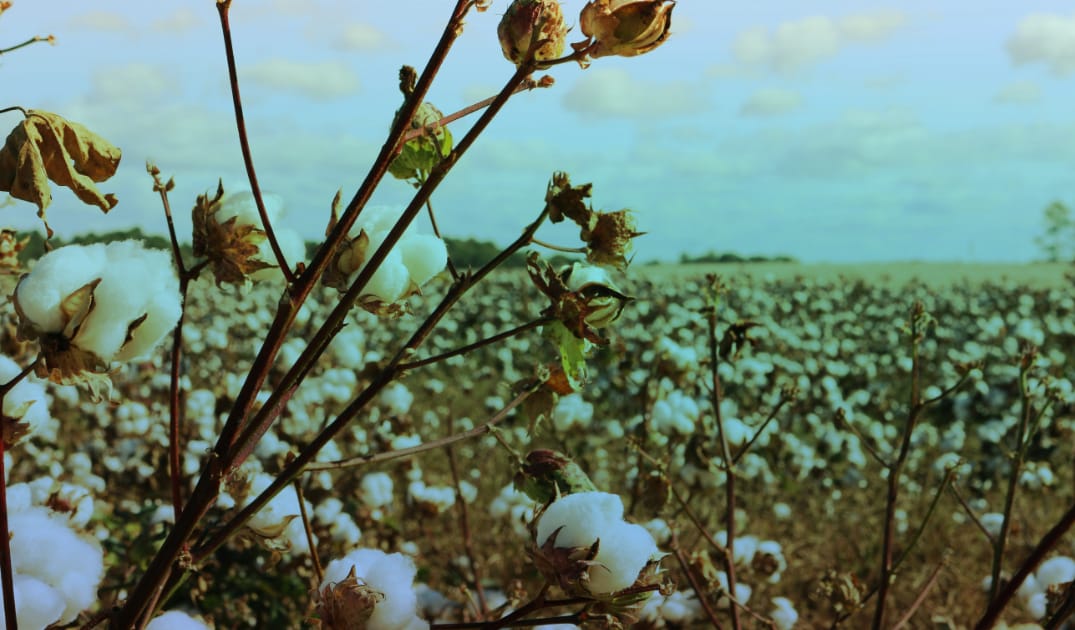Nathan Hine
A report by the Centre for Global Policy has found that hundreds of thousands of ethnic minority labourers in Xinjiang are being forced to pick cotton by hand. The Xinjiang province produces approximately 85 percent of China’s, and 20 percent of the world’s cotton.
The shocking evidence in this report shows that in 2018, three Uyghur regions alone mobilised at least 570,000 people into cotton-picking operations through the government’s coercive labour training and transfer scheme. In 2019, around 70 percent of the region’s cotton fields had to be picked by hand, predominantly in south Xinjiang’s three Uyghur regions where machine picking is less common. Labour transfers involve coercive mobilisation through local work teams, transfers of pickers in tightly supervised groups, and intrusive on-site surveillance by government officials and in some cases the use of police officers.
It’s important that the evidence presented in this report should be seen in the context of China’s overt discrimination of minorities. Since 2017, there has been a brutal crackdown on both public and private displays of the Uyghur culture and identity in Xinjiang. It is believed that this has included a network of political indoctrination camps, detention centres and prisons. Most estimates suggest that 10% of Uyghurs and other Muslim minorities have been arbitrarily detained in these camps.
China has justified the camps as a necessary measure against separatist violence in Xinjiang. However, in a report by China scholar Adrian Zenz that was published in the summer, the government has been accused of threatening Uyghur women and other ethnic minorities with internment camps for refusing to abort pregnancies that exceed China’s quota as part of their ‘two child policy.’ Also, the report states that women who had fewer than two children were involuntarily fitted with intra-uterine devices (IUDs), while others were forced into sterilisation surgeries.
Mr Zenz’s analysis of the data shows that natural population growth in Xinjiang has declined dramatically in recent years. Growth rates fell by 84% in the two largest Uighur prefectures between 2015 and 2018 with further reductions in 2019. After the publication of the report, Mr Zenz told the Associated Press: “This kind of drop is unprecedented, there’s ruthlessness to it…This is part of a wider control campaign to subjugate the Uighurs.”
It follows prior research by Mr. Zenz, finding that authorities in Tibet were expanding their labour transfer scheme by setting quotas to move hundreds of thousands of people off their land into military-style work camps. Also, as stated in the report, the labour transfers coercive mobilisation involves ‘village-based work teams have played a key role in mobilizing ‘reticent’ minorities into labo[u]r transfer schemes.’
In July 2020, Foreign Secretary Dominic Raab called out China’s persecution of the Uyghurs and said: “It is clear that there are gross, egregious human rights abuses are going on…And the forced education camps and sterilization are reminiscent of something that we have not seen in a long, long time.”
When asked recently by BBC Radio 4 if they intend to continue sourcing products from China, of the thirty companies that were contacted, only M&S, Next, Burberry and Tesco said they had a strict policy of demanding items sourced from anywhere in China do not use raw cotton from Xinjiang.
So how can we influence China? First of all, individual soft power is vital to express our disgust at what is going on in China. The clothes you buy should either be from these brands or from independent stores where reasonable care has been taken to prevent the cotton being sourced from the Xinjiang region of China.
Also, petitions have started to help put political and social pressure to try and establish social and political change.After the parliamentary petition in July, a debate was held in the House of Commons which concluded: “The UK Government plans to introduce “Magnitsky law”, a law which targets people who commit gross human rights violations. Through this law or alternative means, this petition urges the UK Government to impose sanctions on China for their human rights violations on the Uyghur people.” A change.org petition to stand up for Uyghur Muslims has been endorsed by Amnesty International, calling on governments to exert their political influence to stand in solidarity against the persecuted minorities.
But so far, the UK government has failed to impose sanctions on the Chinese authorities over the treatment of Uyghurs. With a new president coming into the White House who is more willing to build bridges than Donald Trump, it is hoped that the west will unite over China’s persecution of minorities. While it is important that the west does not antagonise China as a world power, it is important that we need to stand up and demand that this is not acceptable in 2020.
Thanks for reading our article! We know young people’s opinions matter and really appreciate everyone who reads us.
Give us a follow on Instagram, Twitter and Facebook to stay up to date with what young people think.

